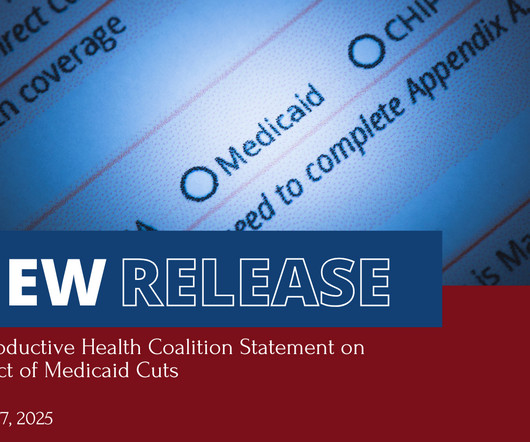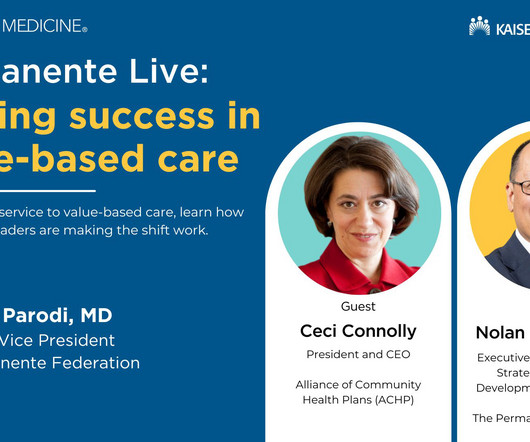Degree of Weight Loss Affects Tirzepatide-Linked Cardiometabolic Risk Improvement
Physician's Weekly
JULY 1, 2025
For waist circumference and blood pressure, the relationship between percentage weight reduction and changes in cardiometabolic risk factors was mostly linear, with a steeper slope for systolic than diastolic blood pressure. Bruno Linetzky, M.D., mm Hg for systolic and diastolic blood pressure, respectively, –32.4






















Let's personalize your content